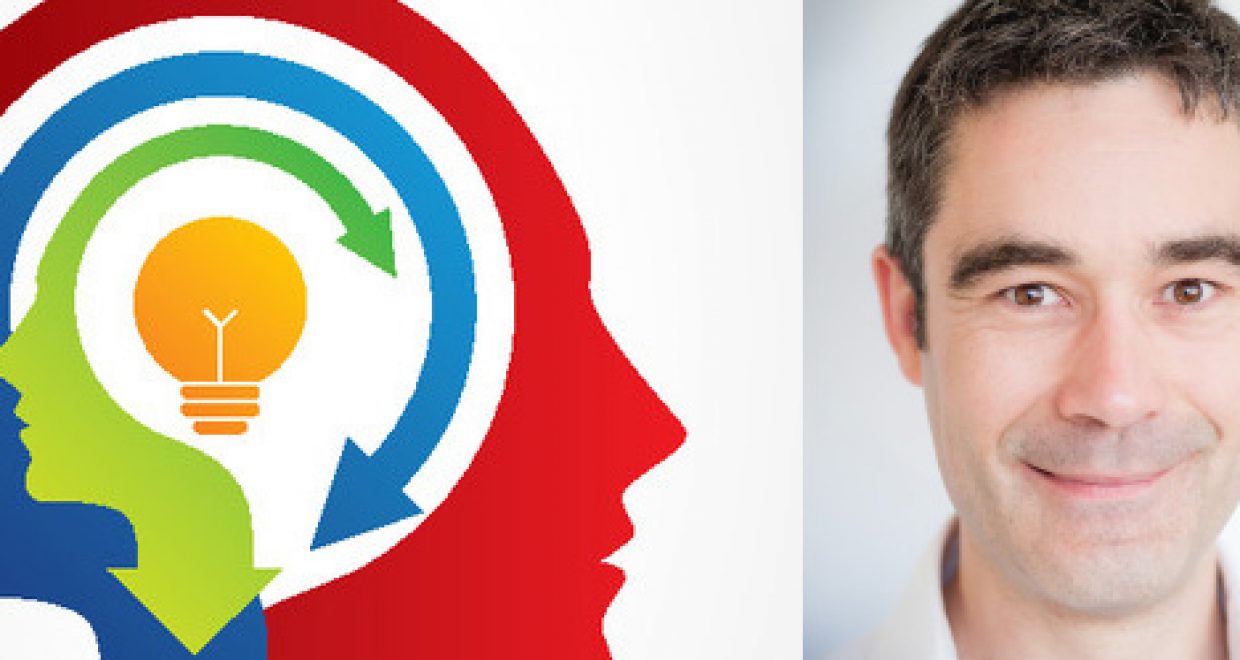Profile: Matt Day, Head of Open Publishing and Data at Cambridge University Press
Matt Day says that his newly-created role of Head of Open Publishing and Data at CUP, although it focuses strongly on Open Access journals, is about openness more generally, including transparency and the reproducibility of the content that CUP receives from authors. On behalf of the Press, he will be launching new Open Access journals as well as creating policies and services for academic output, including data.
As a university press, Matt says that CUP is tuned in to trends in academic libraries ‘but we want to further develop our conversations with them to understand their pressures and goals and to explore possible partnerships and collaborations’. Matt sees that many academic libraries are looking at their roles in data preservation. The collection and free dissemination of the data underpinning research is a key goal of both governments and research bodies, but it presents some challenges. By its nature data is a heterogeneous thing, so it’s never going to be completely standardised. However, technology companies have invested in making data come alive and publishers are now becoming more sophisticated at getting data into the academic record.
Matt says that providing Open Data lags behind the provision of Open Access, but that both are ‘on the same broad trajectory’. When it was first conceived, Open Access required new systems, but not in a deeply fundamental way, whereas Open Data requires new content and new processes. The publishing industry has to embrace the development work that this demands: otherwise it risks losing its place in the mediation of resources and will consequently find it has a smaller role in the academic publishing landscape. At present, data is heading in the direction of Green archiving, as developed for journal articles, which is a relatively informal model, but Matt feels that a Gold model would be more appropriate. He says that the Gold model of Open Access publishing is ‘formal, well-organised, strong, neat and clean’.
In future, CUP will adopt a consistency of approach to Open Access across the board, to ensure that the organisation, measurement and monitoring of its publishing programme are completely co-ordinated. His personal view is that no one can predict what will happen to academic publishing models in the medium to long term. Open Access has been proven in some areas, but it is still a very small – though growing – part of the overall publishing landscape. He says, “Open Access could easily become the dominant publishing model for STM journals, journals more generally and academic monographs – but at the moment it is all up for grabs”. CUP publishes OA journals and accepts that there are some areas for which this is the most appropriate business model. OA for books is ‘interesting, but in its infancy’. CUP has partnered with Knowledge Unlatched and will be making further announcements about its activities in this area shortly.
Of Green Open Access, Matt says that it necessarily involves compromise. There are many complications, especially of copyright licences and the different versions of an article which result from the Green model. “Clearly, Green is important.” Gold also is ‘not without its issues’. Mandates are extremely important, and Matt approves of them. He says that, in some ways, they are even more important for their role in releasing data than for enabling access to finished articles.
Matt Day has a PhD in Biochemistry. His first publishing job was with Garland, a small textbook publishing house. He moved on to journals, working first with BioMed Central and then Nature, before accepting a post at Wolfram Research, a technology company. What he learned there will be very influential in shaping his approach to his current job, but he says he is glad to be back in his ‘natural habitat’ of publishing. Matt is married, with one child (and ‘another on the way’) and likes to relax by playing the piano.
In the picture, from left: Cover image from Open Access in the Humanities by Martin Paul Eve, an Open Access ebook published by Cambridge University Press. On the right: Matt Day, Head of Open Data and Publishing at CUP.






